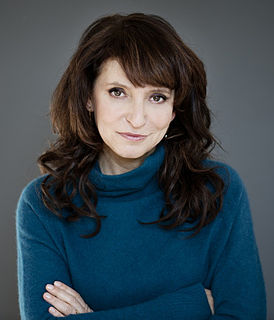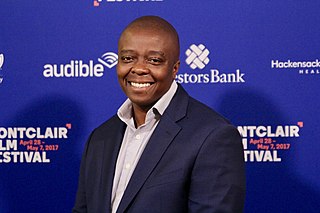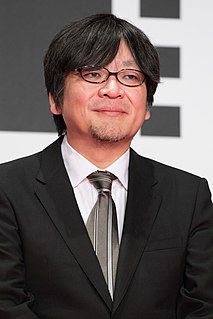A Quote by Susanne Bier
I think that being Jewish has generated an extremely strong sense of the importance of family. If I look at my Scandinavian colleagues, they don't have that urgency about family. All my movies are about that.
Related Quotes
I definitely have a strong sense of my Jewish and Israeli identity. I did my two year military service, I was brought up in a very Jewish, Israeli family environment, so of course my heritage is very important to me. I want people to have a good impression of Israel. I don't feel like I'm an ambassador for my country, but I do talk about Israel a lot - I enjoy telling people about where I come from and my religion.
Being involved in sports and having a very sport orientated family just helped the transition extremely well. I guess, in a way, your school colleagues saw you out and about, and you were part of the team you were getting into the Australian way, learning the language. The transition was extremely smooth.
I felt like it was a courageous show [Black-ish] from the beginning. We are a black family - we're not a family that happens to be black. But the show is not even about us being black. The show is about us being a family. That is groundbreaking - on TV, the black characters either happen to be black or they're the "black character," where everything they say is about being black. I think that's the genius.
It doesn't matter whether you have the happiest upbringing... the young Joe Scot had the most dysfunctional family there could be but it's still a family and it's a really good, strong family. But in spite of that he runs away from home. I relate to all of those things very directly. I hit 40 this year but I still think about being a teenager and hopefully I will for the rest of my life. They are important years.
I have always been very open and honest about this part of my life with my friends, my family, and my colleagues. In a perfect world, I don't think it's anyone else's business, but I do think there is value in standing up and being counted. I’m not an activist, but I am a human being and I don't give that up by being a journalist.
We are on the verge of losing the traditional idea of the family, especially in Japan, where the declining birth rate shows no signs of stopping. This is precisely why I think we should consider with a sense of urgency what the new image of "family" should be like, and not fall into the nostalgism that days gone by were just better.
Obviously loss of family is huge and critical, but I think really it's more about losing a sense of family. The horror of that kind of incompleteness. Writing this book, I tried not to think about my father, which does no one any good fictionally. I did try to imagine not just the horror of that moment, but the horror of having witnessed it, and the lifelong void. And I think that's what's so frightening.





































